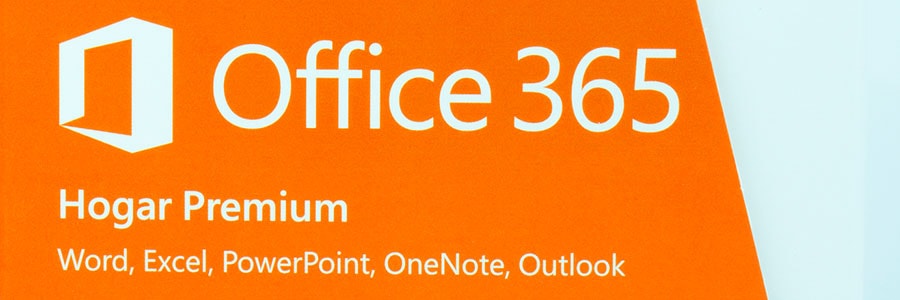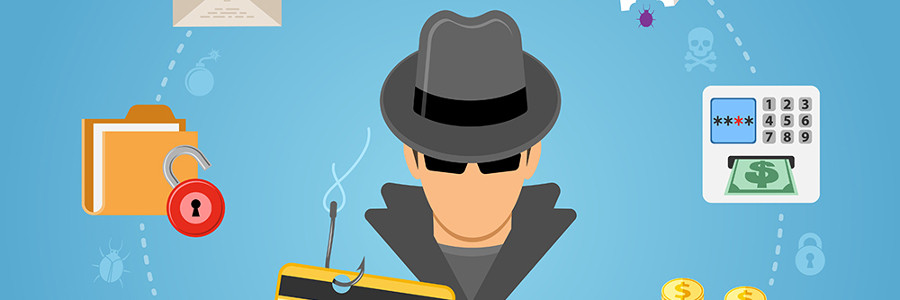Experts are constantly creating new security systems to protect individuals and businesses from hackers. From those who want to attend popular events like the Olympics to avoiding an angry boss, hackers are preying on gullible victims to circumvent network security systems and steal sensitive information.
5 Simple but effective cybersecurity tricks

Can you name five cybersecurity best practices? Most people can’t, and few of those who can, actually follow them. Unfortunately, cyberattacks are far too common to be lax about staying safe online. Your identity could be stolen, or even worse, you could expose private information belonging to your company’s clients.
4 BYOD security risks you should prepare for

Personal computing is with us wherever we go. Thanks to the rise of the mobile industry, smartphones and tablets allow us to take work home with us. And with the bring your own device (BYOD) strategy, businesses have never been so productive. However, BYOD can pose a number of security risks if you’re not careful.
New Spectre-style attack discovered

Security experts are constantly discovering new potential threats, and quite recently, they’ve found a new type of Spectre-style attack more dangerous than the original. Here’s a quick rundown of the new Spectre variant.
Spectre 101
For those who don’t know, Spectre is a vulnerability in modern computer chips like Intel and AMD that allows hackers to steal confidential information stored in an application’s memory, including passwords, instant messages, and emails.
IT security policies your company needs
Regularly evaluate your cybersecurity
Malware strain infects 200k more devices
HTTPS matters more for Chrome

HTTPS usage on the web has taken off as Chrome has evolved its security indicators. HTTPS has now become a requirement for many new browser features, and Chrome is dedicated to making it as easy as possible to set up HTTPS. Let's take a look at how.
For several years, Google has moved toward a more secure web by strongly advocating that sites adopt the Secure HyperText Transfer Protocol (HTTPS) encryption.
Microsoft Office 365 to block Flash

A few weeks ago, Microsoft made an announcement to block future content that is embedded with Adobe Flash, Shockwave, and even their own Silverlight platform from Office 365. While the developers have their reasons for implementing this, they should have pulled this feature earlier to avoid many irate customers.
Healthcare: Prevent insider threats

Healthcare is the only industry where insider threats pose the greatest threat to sensitive data, with 58 percent of security incidents coming from people working within the organization itself. Here’s a look at five ways to prevent such breaches.
#1 Educate - The workforce (meaning all healthcare employees) must be educated on allowable uses and disclosures of protected health information (PHI) and the risk associated with certain behaviors, patient privacy, and data security.




